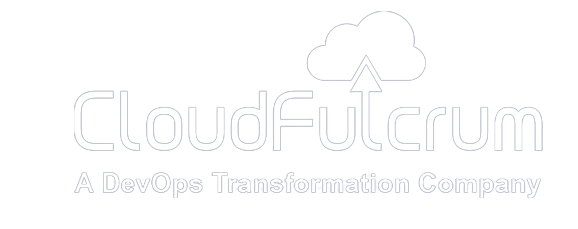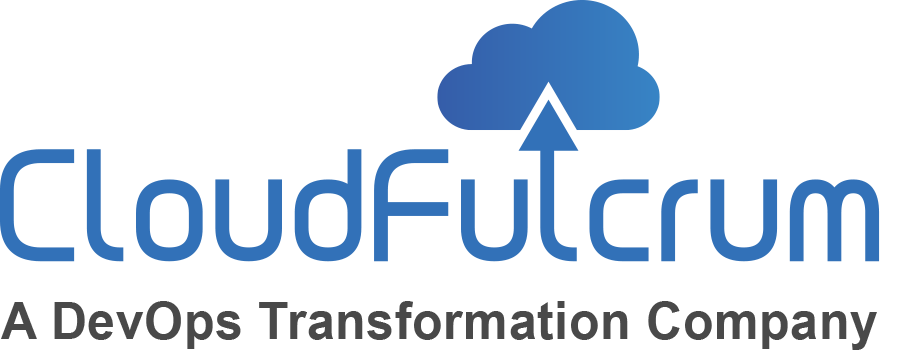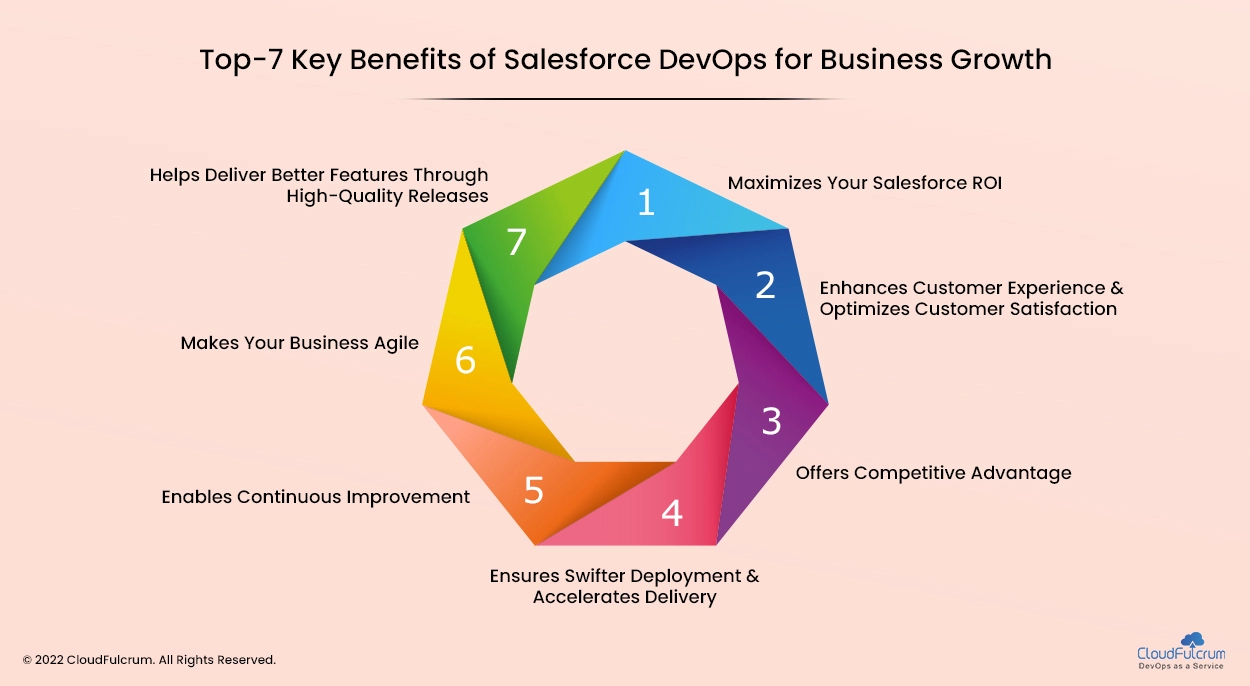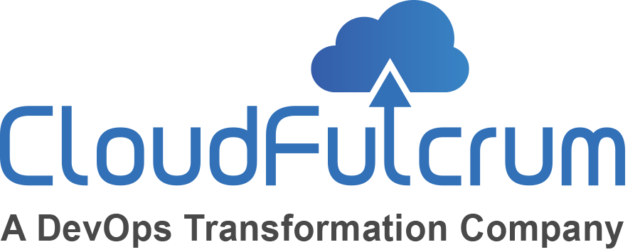Introduction
The IT industry is undergoing constant dynamism in the form of frequent changes and developments. One of the latest and popular trends that several organizations have adopted is Salesforce DevOps. In layman’s words, Salesforce DevOps is the fusion of the development team and the operations team, which closely examines all processes. From designing to providing production support, the two teams participate in cooperation and perform all essential functions in sync.
The benefits of Salesforce DevOps for business can help interdisciplinary, independent, and small teams work together to achieve common objectives. Using collaborative efforts, automation, and response to input from all stakeholders and teammates, ensure product quality and swift deliveries.
Adoption of the Salesforce DevOps culture becomes indispensable for an organization due to the presence of competing and conflicting priorities that may result in compromising product quality and speed. Salesforce DevOps minimizes hurdles between collaborating teams and eliminates manual communication and delays in processing with efficient automation.
To imbibe an authentic Salesforce DevOps-oriented organizational culture, teams must redefine roles, execute constructive actions to reduce issues emerging from the workplace culture, and adapt cultural success to a continuous contemplative review. An immediate cultural shift is not feasible; it is a possible starting point to start small and extend the cultural approach through multiple teams throughout the organization.
Top-7 Key Benefits of Salesforce DevOps for Business Growth
Benefit#1: Maximizes Your Salesforce ROI
When Salesforce DevOps empowers your organization, teams spend more time on development work and less time on managing the process. Businesses benefit as the work is done quicker, with fewer hours by admin and developer spent on deployments, tracking changes, keeping development environments in sync with production and fixing errors in releases. The time saved just on deployments itself is substantial, especially in the case of teams who earlier relied on change sets. Salesforce DevOps helps maximize Salesforce ROI fundamentally through efficient change management and closer collaboration leading to fewer bugs. The total ROI of Salesforce DevOps is very difficult to estimate in general because it results not only in cost savings, but also translates into benefits that are organization-wide. By saving both time and money, Salesforce teams are able to focus resources towards building the features that aid other departments in their business push revenue growth.
Benefit#2: Enhances Customer Experience & Optimizes Customer Satisfaction
Salesforce DevOps intensifies customer engagement by creating useful applications more responsively. With the collaborative effort, all applications are developed swiftly with utmost care based on customer needs and wants. Salesforce DevOps-integrated cultural foundation provides efficiency to end-users and constantly improves to maximize customer satisfaction.
When your internal processes are working in sync, it leads to better results. The improved quality of software will aid you in better serving your customers. Salesforce DevOps boosts the overall process, which includes better quality of products, and customers would enjoy the benefits of better usability. The benefits of Salesforce DevOps comprise a better customer-business relationship. Salesforce DevOps enables to notify users of every single valuable detail related to their project, including testing details, specification details, delivery details, etc. These notifications allow customers to ensure that the quality of products matches their expectations. Moreover, it helps the development team to swiftly resolve the issues and shrink the release cycles.
With Salesforce DevOps, organizations have a more flexible workflow that enables them to customize the product according to the user requirements to ensure the maximum customer satisfaction rate. Apart from the customers, organizations can test their products on multiple groups of customers to get an idea about the market and improve it accordingly.
According to Dzone.com, “78% of users who paired agile and DevOps reported an increase in customer experience, versus only 58% of agile only users”,1 while businesses using Salesforce DevOps “improved customer satisfaction by an additional 29%”.2 Abridged product cycles lead to low-cost product development and low pricing for the customers. This, coupled with high quality assured by Salesforce DevOps, leads to total customer satisfaction, giving them complete value for money they expected and even more.
Benefit#3: Offers Competitive Advantage
Organizations that adopt high-performing Salesforce DevOps processes hold a competitive advantage over those that don’t. Digital transformation is scaling up to the next stage, with the business demand on Salesforce teams constantly rising to deliver. Swifter releases, superior quality features and close feedback loops are the keys to unravelling future success and optimizing your Salesforce ROI.
The annual State of DevOps Report, released by DevOps Research and Assessment (DORA), makes it clear: Organizations worldwide are using Salesforce DevOps to adapt their engineering practices and are enjoying the benefits. They witness rise in engineering production and decline in cost, giving them a competitive edge over other market players. With Salesforce DevOps, these organizations are migrating from unwieldy processes and systems to a simplified way of developing software focused on the end user.
Salesforce DevOps allows businesses to create reliable infrastructure and utilize such infrastructure to release software more swiftly and reliably. The crux is this: high-performing organizations use Salesforce DevOps, and they are pulverizing their competition by raising their deployment frequency and significantly reducing their failures that occur due to changes in the system. If you want to not just compete, but emerge victorious over your competitors, you must embrace the solid Salesforce DevOps methodologies. Maybe not all of them, and certainly not all at the same time — but the time for the ‘waiting game’ to examine whether Salesforce DevOps is worthwhile has elapsed.
Benefit#4: Ensures Swifter Deployment & Accelerates Delivery
With the use of Salesforce DevOps techniques, organizations can implement new processes, frameworks and applications with greater speed. This is because the implementation of Salesforce DevOps will ensure greater success of your business activities. You will be able to deliver results swifter, and it will take less time for staff to complete the entire process of production and implementation when they work together. This is beneficial from a business perspective. It enables you to maximize business timings for delivering continuous results. This is one of the greatest market benefits of Salesforce DevOps that all owners are aware of.
Another invincible benefit of Salesforce DevOps is the speed of delivery. The method itself attains greater efficacy due to significant integration and reorganization of the workflow. That makes iteration shorter and more responsive, while avoiding the risk of breaking stuff while moving too swiftly. The speed is significantly packed by the blend of automation and rigorous testing, while minimizing the overall workload. This enables swifter and continuous integration and delivery. Furthermore, shorter iteration implies that their scale will be much smaller, despite a few errors, which means it will be easier to tackle them. With this technique, the dreadful thought that everything will collapse at once is literally extinct.
When you connect all the dots and totally adopt Salesforce DevOps in your organization, you experience for yourself that your team can deliver better software swifter. The changes will be small initially, akin to the changes you release. But over a period of time, these apparently trivial changes add up and create a team that expedites its delivery of quality software.
Benefit#5: Enables Continuous Improvement
Continuous improvement is a vital element in Salesforce DevOps. When you adopt Salesforce DevOps in your organization, it is an unending cycle of improvement leading to innovation. As you adopt Salesforce DevOps and integrate more and more of its core principles into your everyday workflow, you will experience this acceleration first-hand. The cycle of continuous improvement should always revolve around the customer. You must incessantly think about the end user and integrate feedback into your software delivery life cycle.
Fundamental to this cycle is Continuous Integration (CI) / Continuous Delivery (CD). Adopting CI/CD is a gradual process of implementation in DevOps. The focus should be first on mastering CI. You should encourage engineers to share code freely and merge code frequently. This approach averts isolation and silos from becoming impediments in your engineering organization.
After your organization has mastered CI, subsequently, gradually progress to CD, the practice of automating software delivery. This step necessitates automation as the code will transition through multiple checks to ensure quality. After your entire code is secure and accessible in a source code repository, you can begin implementing small changes continuously. Your goal should be to eliminate manual bottlenecks and enhance your team’s ability to identify and fix bugs without impacting the customer.
Benefit#6: Makes Your Business Agile
A flexible Salesforce DevOps process enables release pipelines to include multiple workstreams and encourage simultaneous projects at various stages of completion. Latest features are regularly tested and released, thanks to well-sharpened Salesforce DevOps workflows that eliminate discords, impediments, and congestions.
Several organizations release new features at least once a week, with world-class teams deploying to production every day or even multiple times a day. This makes organizations that adopt Salesforce DevOps more agile; their teams are swifter, and able to better respond to business challenges as they emerge. Salesforce teams can switch between workstreams and include stakeholder feedback without any hassles. As a consequence, they are able to better pursue a continuous development strategy that delivers endless improvements into the hands of their end users, making the business completely agile.
Benefit#7: Helps Deliver Better Features Through High-Quality Releases
Salesforce DevOps includes quality assurance and relies on automated approaches to move work through the pipeline, pull from and merge into version control as a source of truth. Testing and release governance procedures can be embedded into the process at each stage, ensuring that latest features work properly and satisfy business requirements.
Latest work can be deployed at any time without disrupting current functionality or causing critical issues in production. The most admired benefit of Salesforce DevOps is better quality releases, and a majority of teams found errors or bugs in fewer than 10% of their releases. To a certain extent, the decline in the number of issues is due to relentless testing at an advanced stage in development. But it is also a result of the repetitive process, which leads to frequent releases of smaller changes that minimize the risk of any single release.
Conclusion
Salesforce DevOps is about much more than just speed. It’s about ensuring that the highest quality standards are maintained even when things happen with rapid speed.
The benefits of Salesforce DevOps for business deliver a strong ROI and enables you to incessantly innovate. With a reduction in cost and time, you can keep improving your user experiences. To collaborate, connect, complete sales, and function more efficiently, businesses rely heavily on applications. Salesforce DevOps is the future of all industries and businesses. Businesses keep working tirelessly on getting their technologies to market swifter so that they do not miss any opportunities. To achieve these goals, organizations must adopt the best Salesforce DevOps practices in their software development processes.
From these benefits of Salesforce DevOps, you can conclude that Salesforce DevOps not only helps in improving the development process, but also enhances the complete functionality of your business. Salesforce DevOps practices recognize three primary principles: people, processes, and practices. Organizations that have implemented Salesforce DevOps practices are more reckoned, have greater customer satisfaction rate, higher revenue figures and much more, when compared to other organizations that have failed to adopt Salesforce DevOps.
About CloudFulcrum
With its mission of “DevOps as a Service,” CloudFulcrum has been part of multiple successful Salesforce implementations worldwide, with satisfied customers in BFSI, Health Care, Retail, Real Estate, and Technology verticals.
With our Salesforce DevOps consulting, we help enterprises align their Digital Transformation goals to achieve higher efficiency, faster time-to-market, and better quality of software builds with early identification of arising issues, enabling continuous release of Salesforce applications.
1 Aayushi Sahu, “Top 8 Benefits of DevOps for Enterprises,” https://www.westagilelabs.com/blog/top-8-benefits-of-devops-for-enterprises/, Dec 2020.
2 Ibid




